-
20 January 2023

Speaker: Stoyan Dimitrov, Rutgers U.
Title: Two applications of the cycle lemma
Click to read the Abstract.
The cycle lemma is a valuable tool in enumeration. First, we will look at a simple proof of the lemma explaining why it holds. Then, we will show how one can use it to obtain two simple to formulate (yet not to prove) results, which occur in different contexts, but have something in common. The first result is a surprising symmetry on Catalan objects and the second one is an identity obtained with transformations of Riordan arrays.
-
27 January 2022
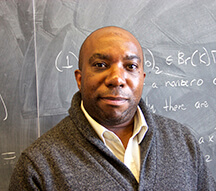
Speaker: Edray Goins, Pomona College
Title: The Significance of the ADJOINT: Reflections on the "African Diaspora Joint Mathematics Workshop"
Click to read the Abstract.
A 2017 report in Inside Higher Ed states that there has been an increase over time in the diversity of senior and junior faculty members in the STEM fields -- except black faculty. A New York Times article, titled "For a Black Mathematician, What it's Like to Be the `Only One' ", quoted that there are just a dozen black mathematicians among nearly 2,000 tenured faculty members in the nation's top 50 math departments.
In this presentation, we present a potential solution to this problem: The African Diaspora Joint Mathematics Workshop (ADJOINT) is a yearlong program that provides opportunities for U.S. mathematicians to form collaborations with distinguished African-American research leaders on topics at the forefront of mathematical and statistical research. Beginning with an intensive two-week summer session at the Simons Laufer Mathematical Sciences Institute (formerly MSRI), participants work in small groups under the guidance of some of the s foremost mathematicians and statisticians to expand their research portfolios into new areas. Throughout the following academic year, the program provides conference and travel support to increase opportunities for collaboration, maximize researcher visibility, and engender a sense of community among participants.
This is a report on work done under grants from the National Science Foundation (DMS-1915954 and DMS-2016406), the National Security Agency (H98230-20-1-0015), and the Alfred P. Sloan Foundation (G-2020-12602).
-
3 February 2023
Mental Health day
-
10 February 2023
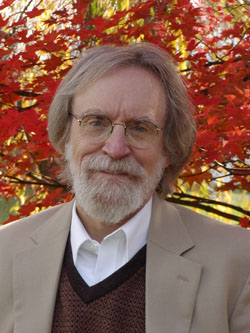
Speaker: William Dunham, Bryn Mawr College
Title: An Afternoon With Euler
Click to read the Abstract.
Among history's foremost mathematicians is Leonhard Euler (1707-1783). In this
presentation, we sketch Euler's life, discuss his voluminous mathematical output, and
survey a few of his discoveries from number theory, graph theory, and other branches of
mathematics. We conclude with a proof -- in full detail -- of one of his greatest theorems:
the solution of the "Basel Problem" from 1734. There, Euler found the exact value of the
infinite series 1 + 1/4 + 1/9 + 1/16 + 1/25 + ... in a brilliant display of analytic wizardry.
Tradition has it that Laplace described Euler as "the Master of Us All". This talk should
show why such a characterization is apt.
NOTE: The talk is accessible to any student who has had calculus.
-
17 February 2023

Speaker: Justin Tatch Moore, Cornell U.
Title: A more rational irrational rotation
Click to read the Abstract.
What is the rotation number of a piecewise linear homeomorphism of the circle? When is it rational? While these questions are classical in nature, we still do not have a complete understanding of how to solve them in general. Ghys and Sergiescu have shown that homeomorphisms which map dyadic rationals to dyadic rationals and have slopes which are powers of 2, then the rotation number is rational. On the other hand, there are examples of piecewise linear homeomorphisms which map rationals to rationals that have irrational rotation numbers. This talk will give a new example of such a piecewise linear homeomorphism which moreover has slopes powers of 2/3 and whose rotation number is a quadratic irrational, answering a question of D. Calegari. This is joint work with Jim Belk and James Hyde.
-
24 February 2023

Speaker: William Stein, SageMath Inc.
Title: Doing Math with Cocalc
Click to read the Abstract.
This talk is about some software called "CoCalc" that I
built, motivated by my work teaching and doing research at
universities over several decades. CoCalc.com enables collaboration
in research, teaching, and scientific publishing. It has tools like
Jupyter Notebooks, Sage Worksheets, a LaTeX Editor and a Linux
Terminal to help people work together in real time from different
locations. It also has a Whiteboard and Slideshow for expressing and
sharing ideas and running code. CoCalc can be used for teaching
courses with its integrated course management system. It is also
possible to run CoCalc on your own computer.
-
3 March 2023
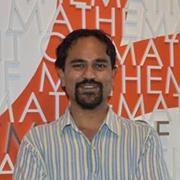
Speaker: Dilip Raghavan, National U. Singapore
Title: Ramsey theory, ultrafilters and large cardinals.
Click to read the Abstract.
I will discuss a few connections between these three topics. Although these topics seem to concern different domains, they are interconnected on several levels. Ultrafilters and large cardinals are sometimes useful for proving Ramsey theoretic results, and Ramsey theoretic properties, in turn, give rise to new classes of ultrafilters and new types of large cardinals. I will present some examples of these interconnections, focusing on some recent results of myself and my collaborators.
-
10 March 2023
Spring Break
-
17 March 2023
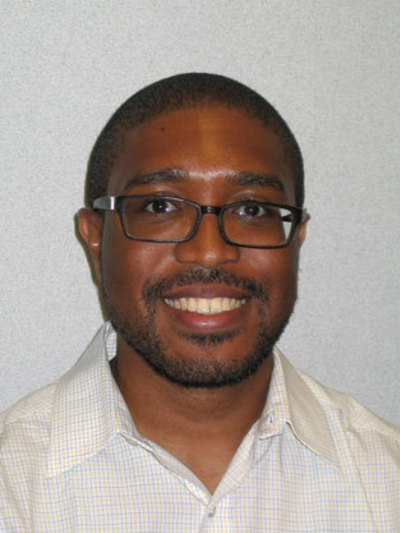
Speaker: John Johnson, Ohio State U.
Title: Van der Waerden's theorem is (nearly) 100: the Ramsey heuristic and the algebraic structure of the Stone-Cech compactification
Click to read the Abstract.
An observation of Kakeya and Morimoto states van der Waerden's theorem is equivalent to the assertion sets of positive integers with bounded gaps (a notion of size) contains arbitrarily long arithmetic This observation and related techniques are prototypical of a ubiquitous heuristic: notions of size and their structures imply some interesting (combinatorial) pattern. Motivated by this classical result and its modern generalizations, I'll illustrate via a suggestive visualization and show how precise instances of this heuristic translate into interesting questions and applications of the algebraic structure of the ech compactification. I'll highlight those generalizations that, so far, seem to require a combination of algebraic and combinatorial techniques.
-
31 March 2023
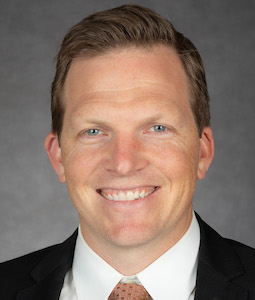
Speaker: Kyle Petersen, DePaul U.
Title: Napkin problems
Click to read the Abstract.
Suppose a number of mathematicians sit down at a circular banquet table that has napkins evenly spaced between each place setting. When a particular diner sits, they might encounter two napkins (in which case they choose their preferred napkin), they might encounter one napkin because a neighbor already took one (in which case they take the other napkin), or they might encounter zero napkins because both their napkins were already taken by neighbors. If people sit down in a random order and grab napkins from the left or right side of their place at random, what is the expected proportion of napkinless diners? What is the worst order in which people might sit?
In this talk I will tell you the answers to both these questions, as well as some related open questions. Along the way, I will tell you the human story of my engagement with these questions in two different projects, separated by almost 20 years. Characters in this story include eminences such as John Conway, Rob Pike, Pete Winkler, and Don Knuth, each of whom has made major contributions to mathematics and computer science. And napkins.
-
7 April 2023
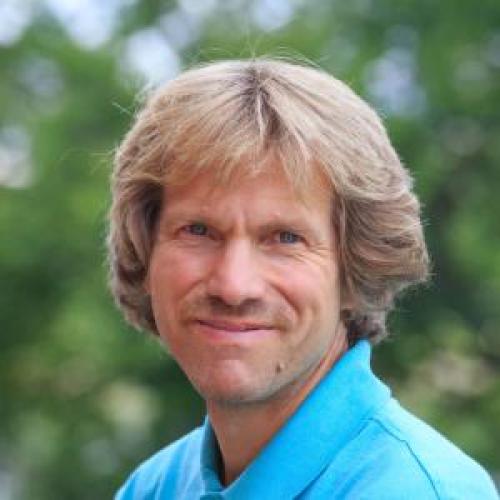
Speaker: Tim Myers, Howard U.
Title: A Constructive Definition of The Riemann Integral on a Separable Banach Space
Click to read the Abstract.
The goal of this talk is to construct a Riemann integral on a separable Banachspace which posses all of the fundamental properties of the Riemann integral on
$\mathbb R^n$. Let $B$ represent a separable Banach space. The paper [GM] presents a proof that $B$ has an isomorphic, isometric embedding in $\mathbb R^\infty=\mathbb R\times\mathbb R\times\dots$. In this work we will use this embedding to define a Riemann integral on special subsets of $B$, which makes the derivations of most of its properties virtually identical to those of its finite-dimensional analogue. Similar to the Lebesgue integral on $B$ in [GM], this Riemann integral has the advantage of equaling a limit of Riemann integrals on $\mathbb R^n$ for $n\to\infty$. We will use this convergence to study some probability density functions on $B$.
[GM] T.L. Gill, T. Myers,Constructive Analysis on Banach Spaces,Real Analysis Exchange, 44 (2019), 1-36
-
14 April 2023
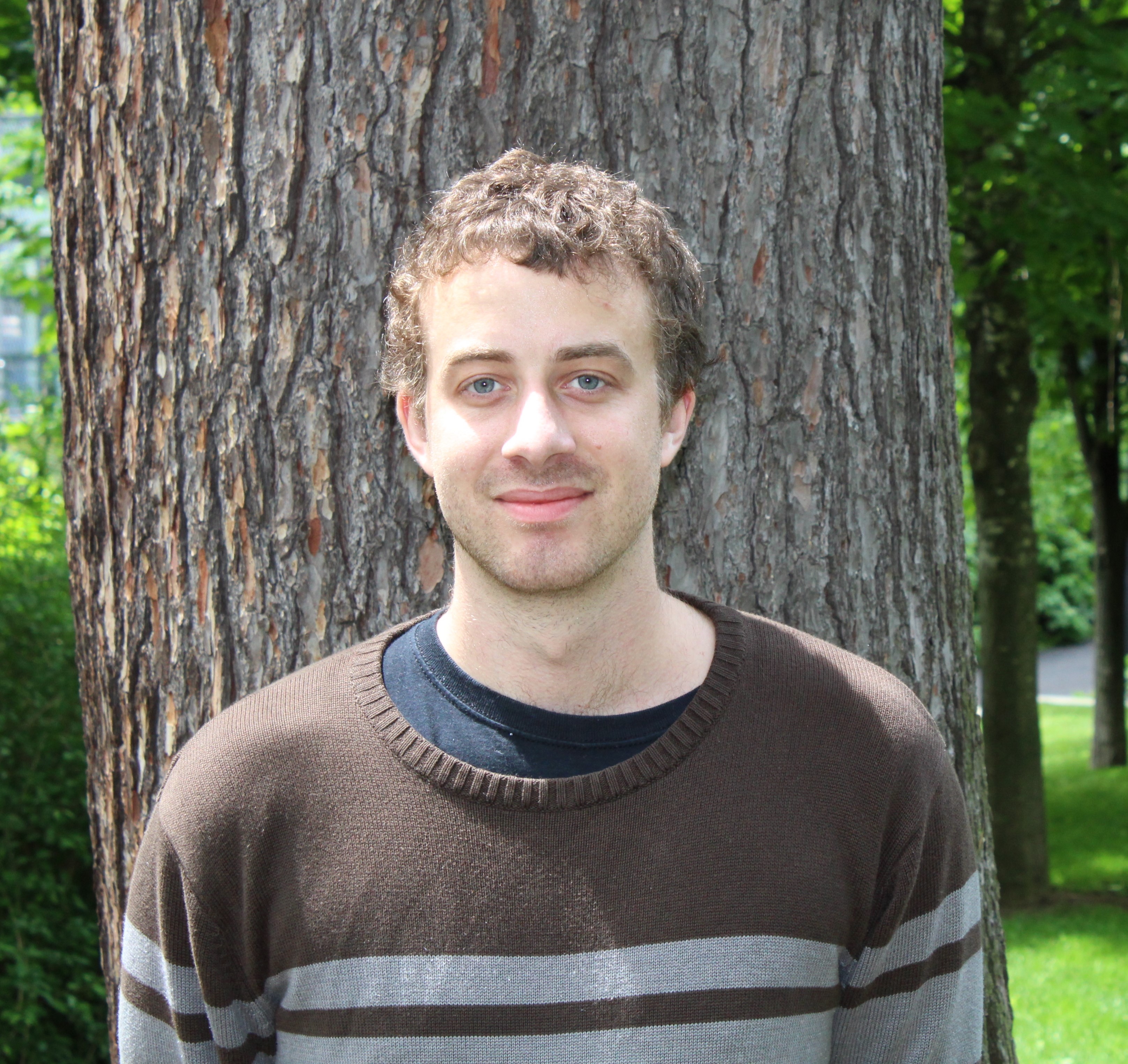
Speaker: Stefan Steinerberger, U. of Washington
Title: How curved is a combinatorial graph?
Click to read the Abstract.
Curvature is one of the fundamental ingredients in differential geometry. People are increasingly interested in whether it is possible to think of combinatorial graphs as manifolds and a number of different notions of curvature have been proposed. I will introduce some of the existing ideas and then propose a new notion based on a simple and explicit linear system of equations that is easy to compute. This notion satisfies a surprisingly large number of desirable properties -- connections to game theory (especially the von Neumann Minimax Theorem) and potential theory will be sketched; simultaneously, there is a certain "magic" element to all of this that is poorly understood and many open problems remain. I will also sketch some curious related problems. No prior knowledge of differential geometry (or graphs) is required.
-
21 April 2023
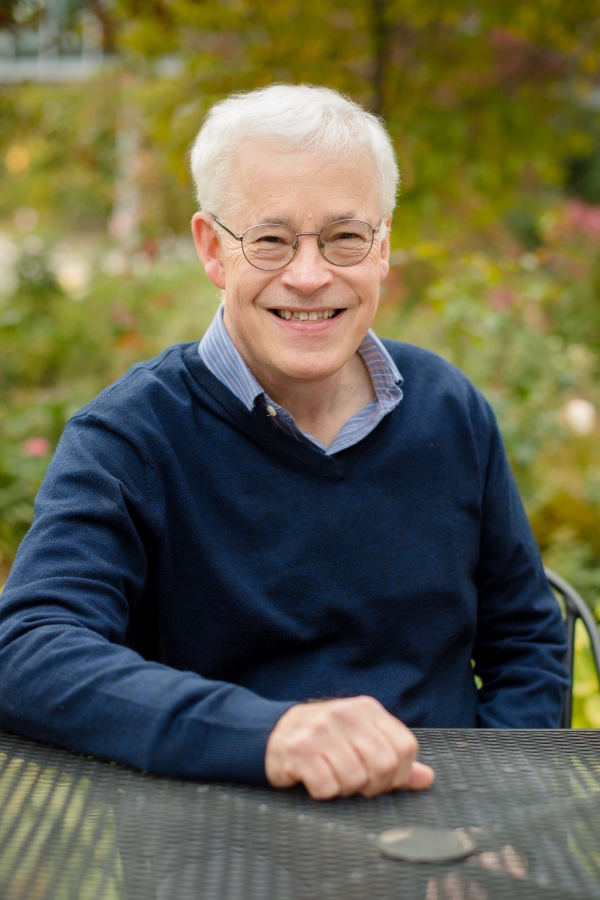
Speaker: Nick Trefethen, University of Oxford (UK)
Title: CONTINUOUS LINEAR ALGEBRA AND CHEBFUN
Click to read the Abstract.
Linear algebra deals with discrete vectors and matrices, and
MATLAB was built on giving easy access to these structures
and the best algorithms for working with them. But almost
everything in linear algebra has a continuous analogue,
where vectors become functions and matrices become operators.
The Chebfun project develops this analogy with mathematics,
algorithms, and software, and the talk will present ideas and
Chebfun demonstrations in areas including matrix factorizations,
complex variables, differential equations, and data science.
Once you start thinking and computing this way, it's hard to
go back.








